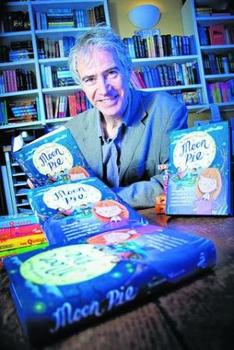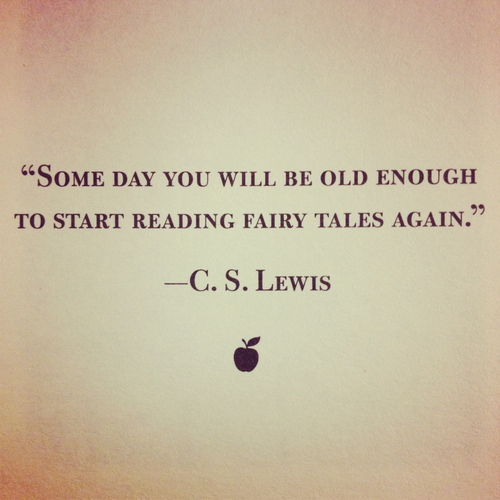
That is how Simon Mason describes himself when wearing the cap of author, a different breed of animal entirely from "patient and wise" Mason in the role of editor.
Talking to the Children's Publishing class at OICPS about his dual professions this afternoon, Mason drew on his experience as author of several children's and adult books as well as an editor at David Fickling Books and Random House.
Mr Mason had three golden rules for future publishers:
* Be open and share with authors.
* Be supportive
* Be honest and realistic.
Above all the publisher's responsibility is to establish a relationship with the author in which you can successfully manage expectations in order to create the best work.
The commissioning process is a big moment in the author's life, the culmination of private work being accepted and celebrated. What does an author want in these circumstances? Mason reminds us that the author creature is "anxious, greedy and delusional" and looking for is a hodgepodge of flattery, white lies and money...remember the import of delusional in that sentence! What an editor can offer is acknowledgement of work in the form of a face to face meeting. Building a rapport from the offset. In his role of patient and wise editor, Mason views this as an opportunity to glean information about the author. Picking up clues as to work method; is this your first novel? How long have you been working on it? Why are you looking to publish this piece? What would you like us to do for you? And most importantly, are you open to constructive criticism.
Can we build a mutual bond to bring about the creative best in each other?
Money is important, an author will be enticed by a higher offer of advance, however it is not the be all and end all. Non-monetary value can be found in the questions; does the publisher offer a vision, how would they approach publishing the novel, is there a personal approach and good reputation?
Will they offer 'good news sandwiches', building the editing process around honest criticism without shattering egos in their wake? Are they clear, bold, direct? How can editors encourage the author to improve upon their own work?
Keeping the author informed is key; during the editorial process, explain the whys. In designing the cover and giving the expressive heart of the book a face, listen to their aesthetic and utilise their ideas building the author into the process in conjunction with Marketing and Sales to create something pleasing to author and end user. Mason described the process of redesigning the cover of his novel Moon Pie in the reprint between hardback and paperback, to better suit a 9-11 year old market. Selecting designs passed on by the editors at David Fickling Books to create a more mature front.
Publicists work intensively with the author, getting the word out about their work on blogs, radio, signings at fairs. Here is where the author will expect amazing things, and the publicist may have to work carefully to bring them back down to Earth and celebrate their work in a way that is both realistic and beneficial. Passing on mentions to the author to show that their work is being received and appreciated within it's niche adds a real world demonstration of results.
Literary agents offer a perspective to authors that bridges the gap between the intimacy of working directly on the text with an editor, often better preparing them for the world of book publishing. A gateway of realism to bolster the anxious authorial beast.
As editor and author, Mason demonstrates the balance between both worlds.


 RSS Feed
RSS Feed
